RBA ‘won’t hesitate’ to hike rates as economy stalls in early 2024
Economic growth has slumped to its slowest rate in more than three decades outside the pandemic, as RBA governor Michele Bullock warned the bank ‘won’t hesitate’ to increase rates.
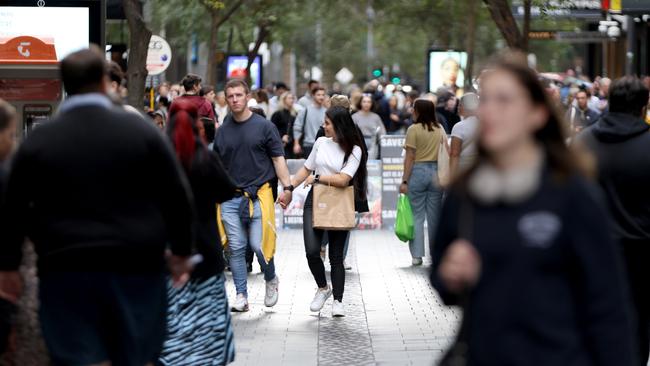
Economic growth has slumped to its slowest rate in more than three decades outside the pandemic, as Reserve Bank governor Michele Bullock warned the bank “won’t hesitate” to increase rates and said energy rebates had not made it easier to tame inflation.
National accounts figures on Wednesday revealed the economy expanded by just 0.1 per cent in the March quarter, dragging annual real GDP growth down to 1.1 per cent – its slowest since 1992.
While the government has repeatedly pointed to the expected half-a-percentage-point reduction in inflation thanks to $300 energy rebates next financial year, Ms Bullock in Senate estimates said the temporary impact on prices would not make it easier to cut rates.
“We try to look through things that are one-off and are going to be reversed,” she said. But Ms Bullock said she equally wasn’t worried that the anergy subsidies would drive higher spending and add to price pressures – a concern raised by a number of leading economists.
“If you think about the $75-a-quarter off your electricity bill, are people going to go out and spend up big on that? I don’t really don’t think so,” she said.
Speaking ahead of the national accounts release, Ms Bullock said that as long as the country stayed on the “narrow path” to bringing inflation under control over the coming two years without triggering a recession, then “we can stay pretty much where we are: not ruling anything in (or) ruling anything out”.
“But if it turns out, for example, that inflation starts to go up again or it’s much stickier than we think (and) we’re not getting it down, we won’t hesitate to move and raise interest rates again,” she said.
“In contrast, if it turns out that the economy is much weaker than expected, and that puts more downward pressure on inflation, then we’ll be looking to ease.” Jim Chalmers on Wednesday blamed high interest rates for the rapid slowdown in the economy, although Taylor Swift’s blockbuster tour and the Formula 1 Grand Prix helped buoy consumption in the quarter, the Australian Bureau of Statistics said.
Interest payments made by mortgaged households climbed again to be 30 per cent higher than a year earlier, according to CBA analysis, to be 170 per cent up on pandemic lows when the RBA slashed the cash rate to near zero.
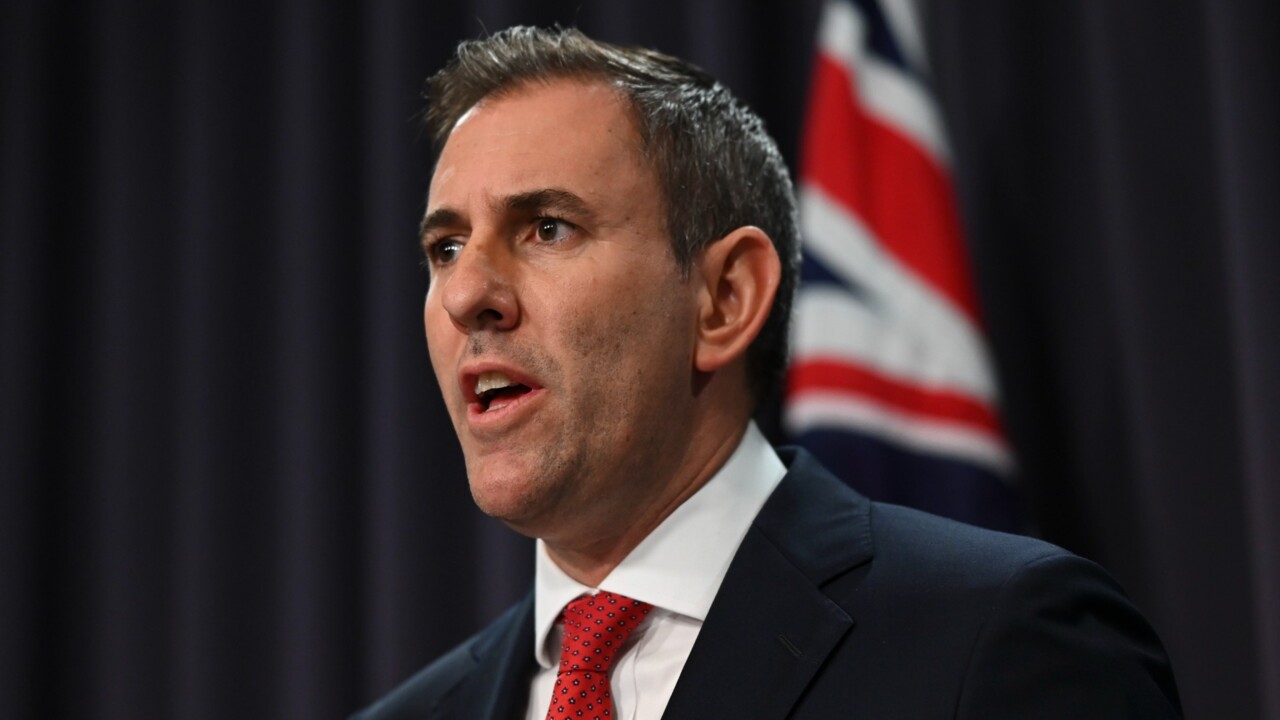
Ahead of tax cuts and further state and federal energy relief from July, the Treasurer offered little prospect of immediate improvement.
“I think we can expect June (the June quarter) to be similarly difficult. We expect growth to begin to pick up pace towards the end of the year, but again, not to go to stratospheric levels,” Dr Chalmers said.
The ABS data showed household disposable income, adjusted for inflation, dropped in the March quarter to be 0.4 per cent lower than a year earlier.
Australians also saved markedly less in early 2024, with the household savings ratio dropping to 0.9 per cent in the quarter, against 1.6 per cent in December.
While the economy continued to limp forward, growth – and consumer spending – on a per person basis dropped for a record fifth straight quarter as the population swelled. CBA head of Australian economics Gareth Aird said “the economic pie is still expanding modestly; but the average size of the slice of pie each Australian has received over the past five quarters has progressively shrunk”.
As homebuilding and net exports dragged on real GDP growth, the record level of government spending climbed by a further 1 per cent in the first three months of 2024, to be up a solid 4.1 per cent over the year.
Having been stung by accusations from leading economists that the budget’s extra $10bn in spending in the coming financial year would add to demand and therefore inflationary pressures, Dr Chalmers said the weakness in the economy justified the government’s fiscal strategy.
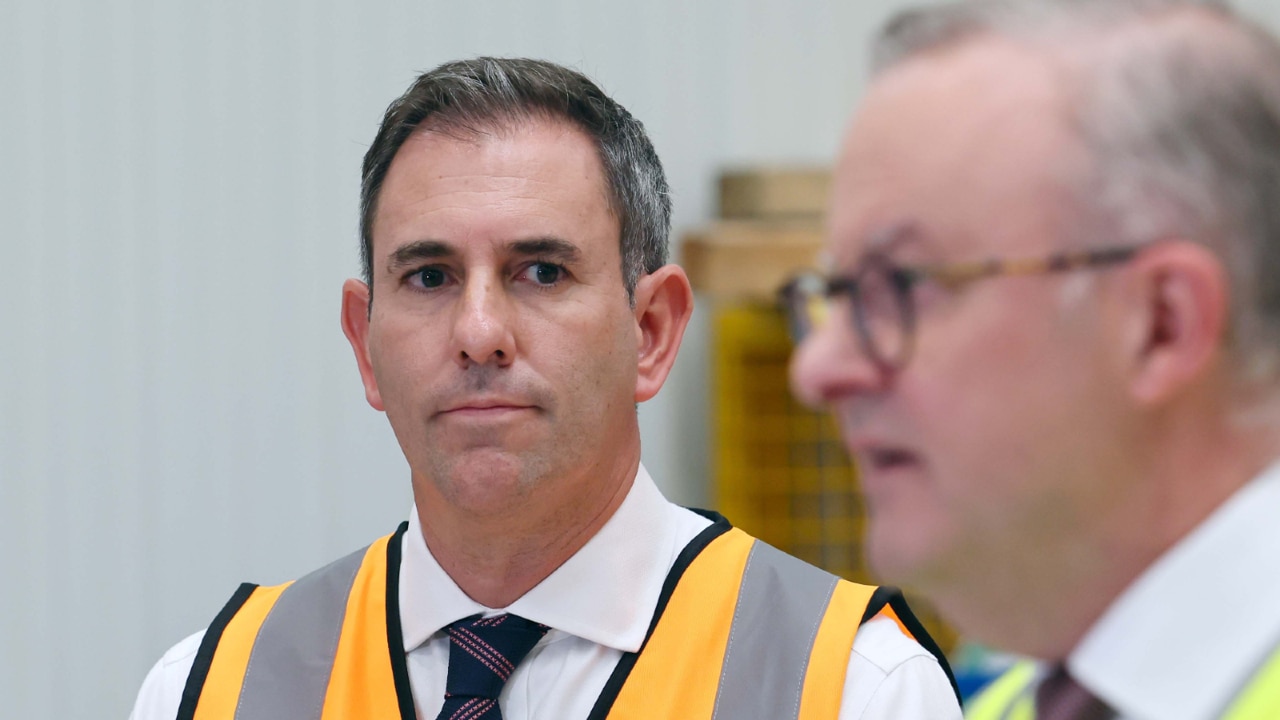
“We are striking exactly the right balance between addressing inflation, providing more cost-of-living help, supporting sustainable economic growth and strengthening our public finances,” the Treasurer said.
In a major historical revision, the ABS said Australians spent $22bn more than previously thought in overseas travel over the five quarters to the end of 2023. Economists said the new figures suggested consumers were in better shape last year than thought, and household savings were therefore substantially lower – although it was unclear whether this would have a meaningful impact on the RBA’s thinking about the underlying strength of spending.
Westpac senior economist Matthew Hassan said the revision implied Australians had run down as much as half of the $250bn in extra pandemic savings, versus a previous estimate of 20 per cent.




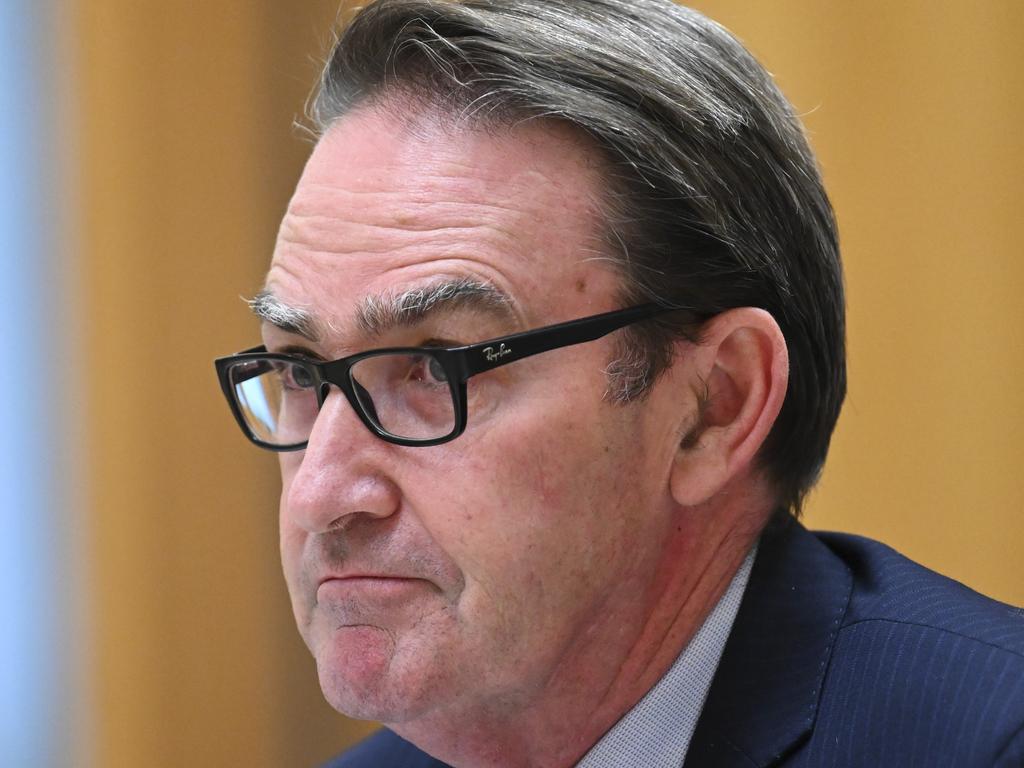
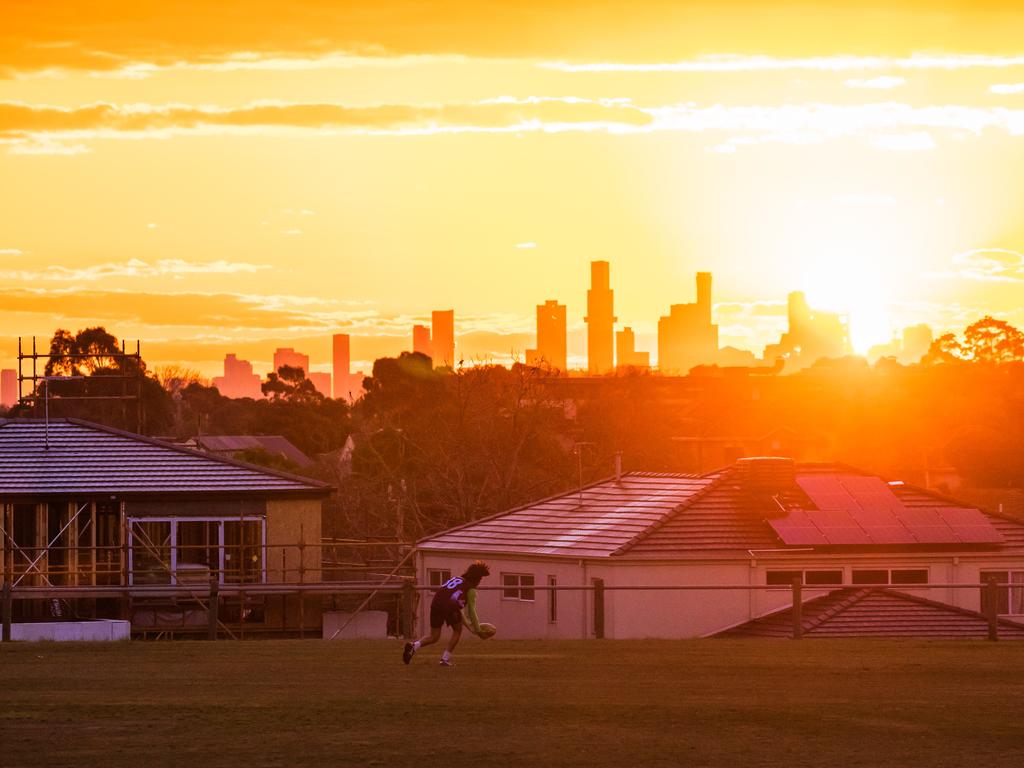
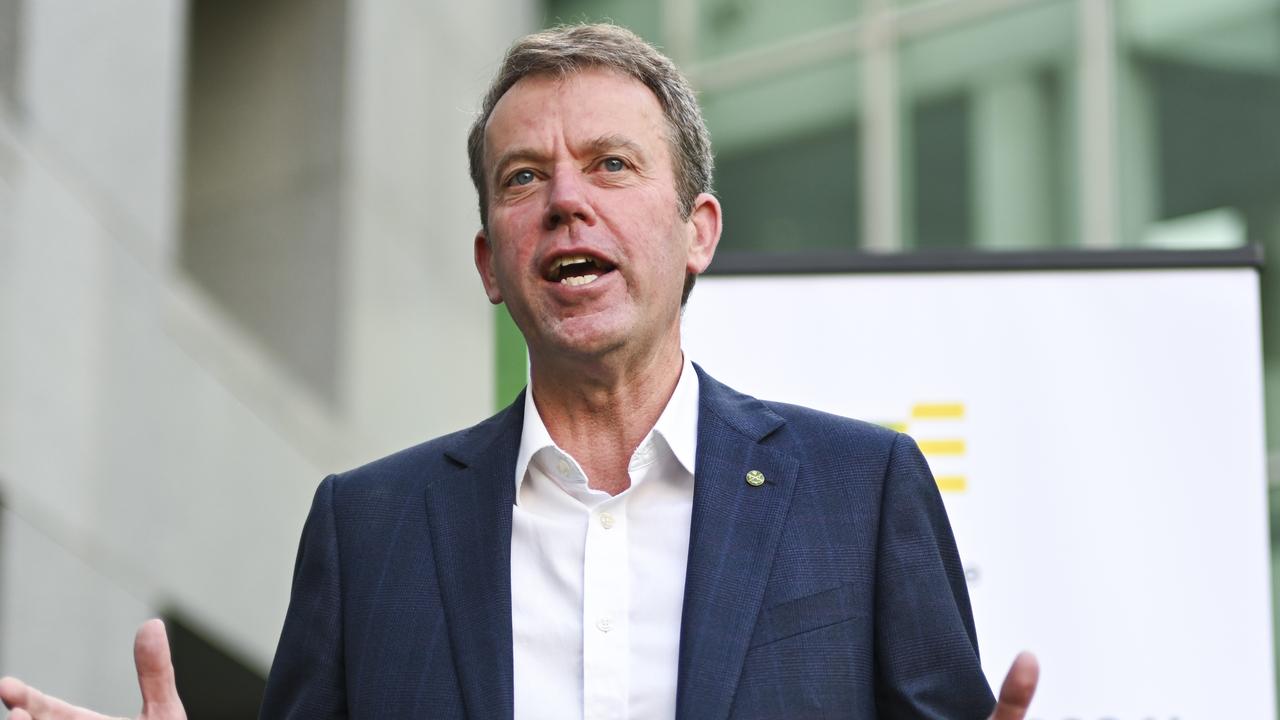
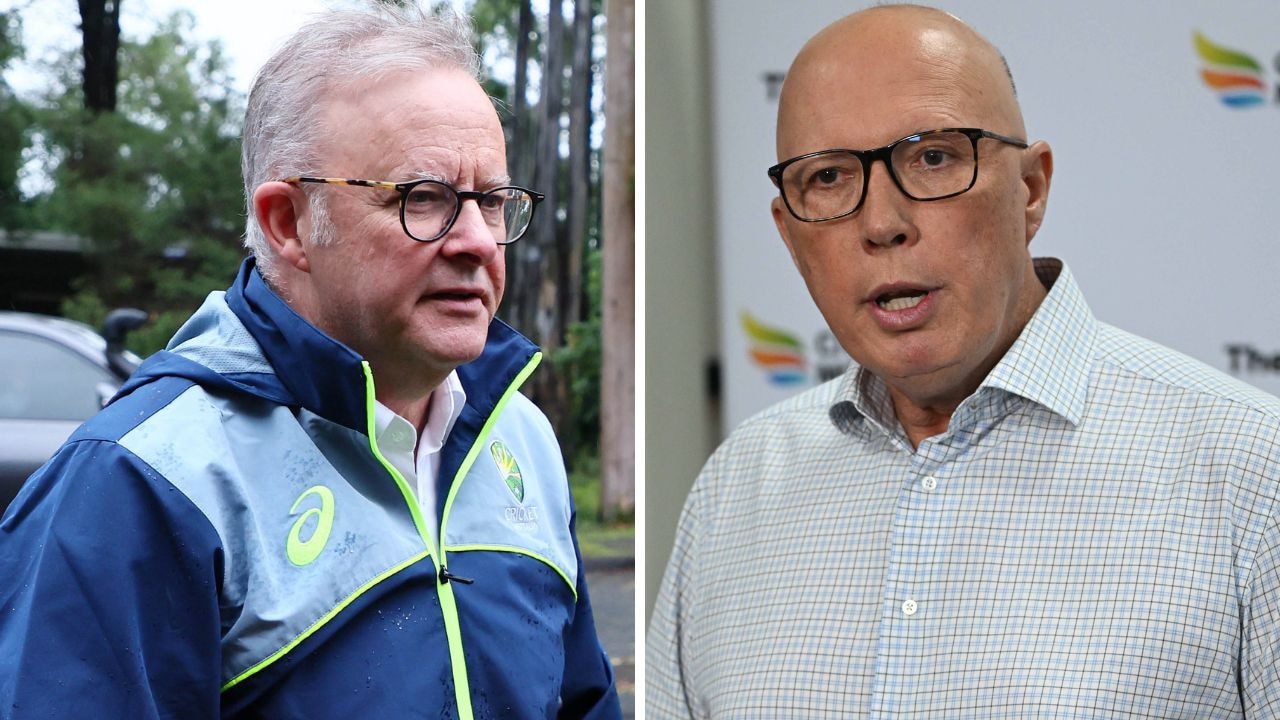
To join the conversation, please log in. Don't have an account? Register
Join the conversation, you are commenting as Logout